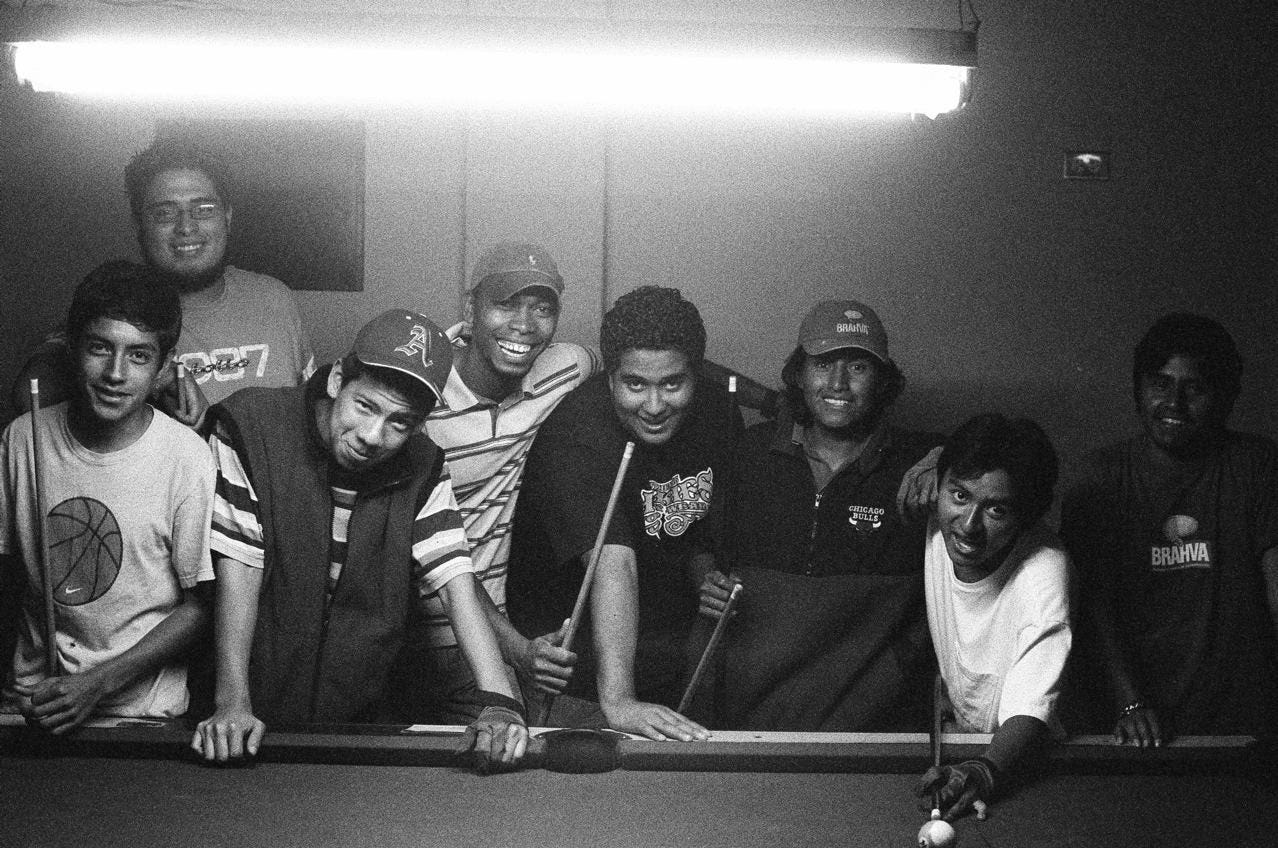
Last week, I wrote about how the cemetery in my city became my teacher. It taught me about the Guatemalan collective woundedness. Today, my post will touch on one of the representations of the woundedness of my city, classism and inequality. I will use part of my personal story in a way that I wish can reflect the woundedness and hope I experience in my city. I hope that what I share speaks to you in a way that sheds light on your context and personal experience.
My journey downwards started during my sophomore year in bible college. I was being trained as a systematic theologian. I had already gone through the introductions to the Old and New Testaments. I was starting to learn ancient languages. And, I was more knowledgable in evangelical systematic and fundamentalist theologians (Ladd, Pannenberg, Darby, and many others, yes, mostly men). One day, a Gringo missionary came to my college and invited me to join their youth outreach program. He said that it would be in the communities around the garbage dump of Guatemala City. He took the time to explain the methodology for the outreach, and I was fascinated by it. I knew I wanted to be part of this program.
During our first year working in the slums near the garbage dump, I knew that I was going to save all the youth in Guatemala City (yes, there is sarcasm in these lines). I was going to pray the sinner’s prayer and many would go to heaven. I was completely sure that I was going to be the one who would save these kids.
The first several months of our work went flying by, and I soon realized that Guatemala City was way too big to save. Perhaps, I should have set a more attainable goal. I decided that if Guatemala City was too big. Perhaps, Zone 3 was more achievable (Guatemala City is divided by zones). Of course, I did not take into account that reaching 80,000 people would be quite an undertaking. After another six months, I was tired and frustrated.
That is why I decided that my focus was going to be in one slum community. I was sure that I could do it if I dedicated my life to work in there. After another six months, I was even more tired and frustrated. Then, I decided I would put all of my effort into one alley within the slum community. I knew that it was possible to save the kids who live there. Do you see the trend here?
I had horrible case of the savior complex. I thought that I was taking the Gospel to that community. Little did I know, the Spirit was already working there. And when I finally accepted that I had nothing to offer but my presence, I finally began my journey downwards.
The journey was quite simple. I had to let go of all my expectations, knowledge, and methodologies to connect with my friends at a human level. I had to accept that my approach was plagued with classism. I saw myself as the savior of those poor kids. I had to realize that I was as poor as them.
I may have had a little bit more financial means, but at a human level we were experiencing the same wounds. We were either abandoned by our fathers or had experienced physical abuse perpetrated by them. When we started sharing stories about the beatings and abuse, I saw the reality. I was experiencing abuse too! Their openness about their suffering helped me realized that I was living in a violent household with a violent father. The main difference was that food security was not an issue for my family.
Classism prevented me from connecting sooner at a human level with the kids I served. The illusion of having more than others paved the way for my savior complex. It was until my soul was completely undressed by my friends living in poverty that I was able to see how wounded I am. We are hurt by classism in ways that we cannot fathom. For it keeps us from seeing within our individual and collective woundedness.
Our journey ought to be downwards, into our humanity. If we do not have a theology that invites us to address classism and inequality, I would dare to say that it is a theology that causes more harm than good. If our theology overemphasizes the salvation of the soul over the ways in which we are collectively wounded, it is a theology that impedes healing.



Powerful and timely 🙏🏼 Pa’lante
Absolutamente, Joel! Gracias!